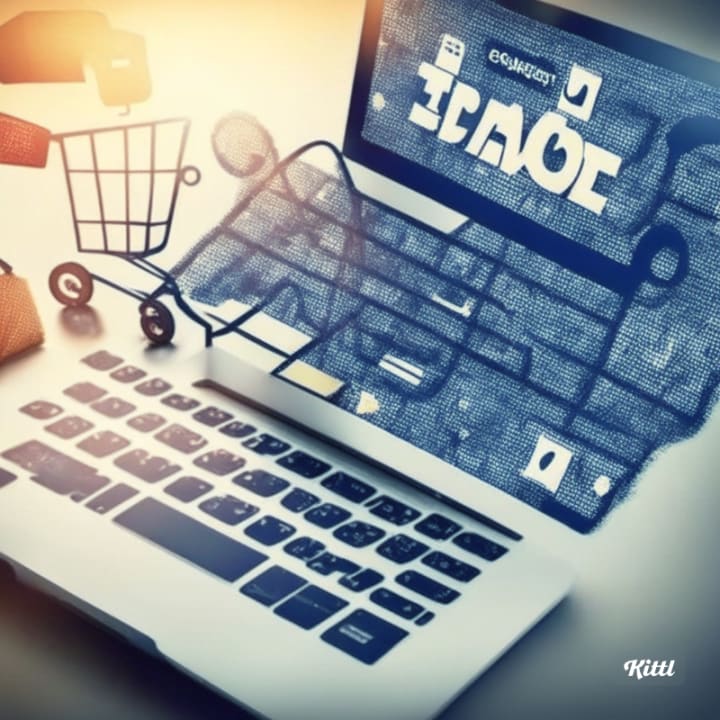marketplace vs e-commerce
Ecommerce: The Future of Retail and the Advantages over Traditional Marketplaces

I'd be happy to provide you with an explanation of why ecommerce is the future, and how it differs from the traditional marketplace model.
Ecommerce has been growing rapidly over the past few years, and it's only expected to continue its upward trajectory. In fact, the global ecommerce market is projected to reach $6.54 trillion by 2023, up from $3.53 trillion in 2019. This growth can be attributed to a number of factors, including the increasing popularity of online shopping, advancements in technology, and the rise of mobile commerce.
Take your email marketing campaigns to the next level with our powerful automation software here

One of the key advantages of ecommerce is that it provides consumers with a convenient and hassle-free way to shop. With the click of a button, consumers can browse through hundreds of products, compare prices, and make purchases without ever leaving their homes. This convenience factor has made ecommerce particularly appealing to younger consumers, who are more likely to shop online than in stores.
Another advantage of ecommerce is that it provides retailers with a global reach. Unlike traditional brick-and-mortar stores, ecommerce businesses can sell their products to customers all over the world. This means that even small businesses can compete with larger companies, and reach new markets without having to invest in expensive infrastructure.
In addition to these benefits, ecommerce also offers a number of cost savings. For example, online retailers don't have to pay for rent, utilities, or other overhead expenses that are associated with traditional stores. This can significantly reduce the cost of doing business, and allow retailers to offer lower prices to their customers.
Take your email marketing campaigns to the next level with our powerful automation software here

One of the key differences between ecommerce and the traditional marketplace model is the level of control that retailers have over their products. In a traditional marketplace, retailers are often at the mercy of the marketplace owner, who may set rules and regulations that limit their ability to sell their products. For example, marketplace owners may require retailers to use a certain payment processor, or may charge fees for each sale that is made.
In contrast, ecommerce businesses have much more control over their products. They can set their own prices, choose their own payment processors, and develop their own marketing strategies. This level of control allows ecommerce businesses to be more agile and responsive to changes in the market, and to adapt more quickly to changing consumer preferences.
Another key difference between ecommerce and traditional marketplaces is the level of competition. In a traditional marketplace, retailers are competing against each other for the attention of consumers. This can make it difficult for smaller retailers to stand out and attract customers. In contrast, ecommerce businesses can use a variety of tactics to differentiate themselves from their competitors, such as by offering unique products, providing exceptional customer service, or leveraging social media to build a following.
Of course, there are also some challenges associated with ecommerce. For example, online retailers need to be particularly vigilant about fraud and security risks, as they are often targeted by cybercriminals. In addition, ecommerce businesses need to be able to provide fast and reliable shipping, and to offer a seamless customer experience that encourages repeat business.
Take your email marketing campaigns to the next level with our powerful automation software here

Overall, however, it's clear that ecommerce is the future of retail. By offering consumers convenience, choice, and cost savings, and by providing retailers with greater control and flexibility, ecommerce has revolutionized the way we shop. As technology continues to evolve, we can expect to see even more innovation in the ecommerce space, and a continued shift away from traditional marketplaces towards online retail.





Comments
There are no comments for this story
Be the first to respond and start the conversation.